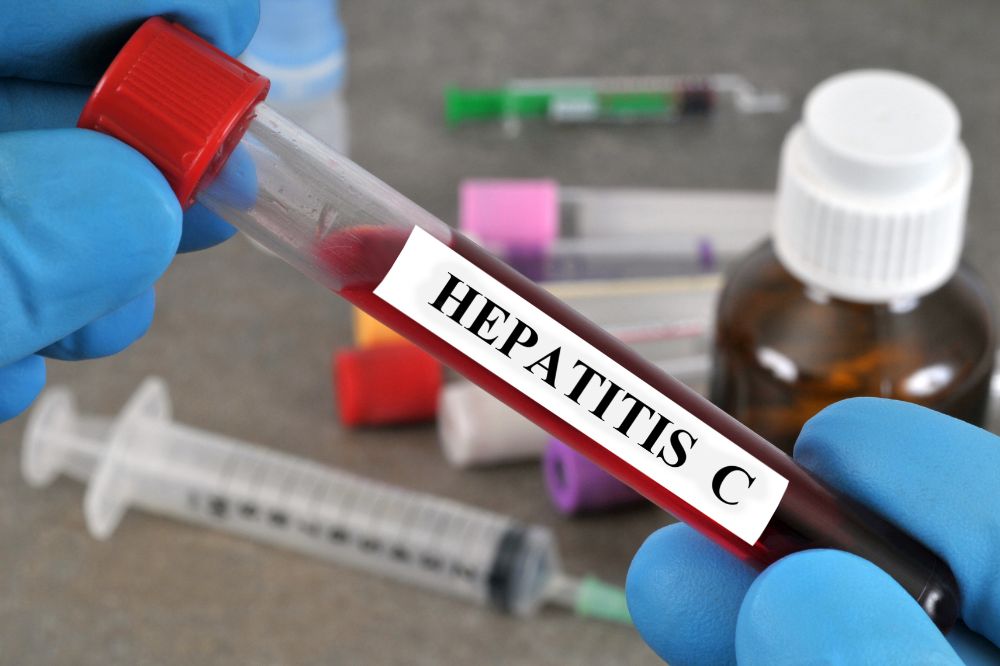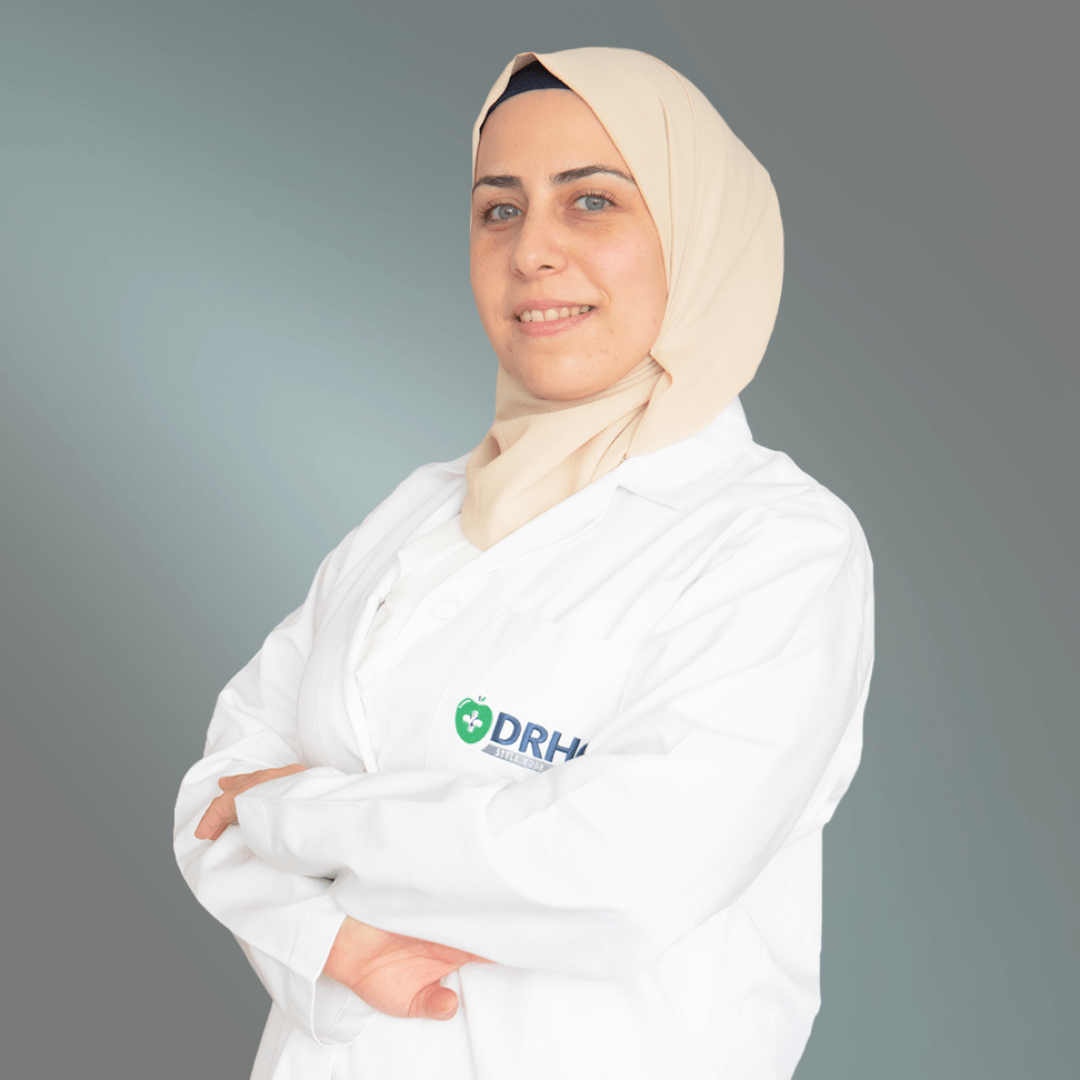Hepatitis C at DRHC Dubai
Introduction
The liver is the main organ affected by the viral infection known as hepatitis C. With millions of cases globally, hepatitis C is a serious global health issue.
The virus can lead to chronic liver disease, including cirrhosis, liver cancer, and ultimately, liver failure if left untreated. It is important to note that hepatitis C is curable, and early diagnosis and treatment are crucial for a positive outcome.
Transmission of Hepatitis C:
Hepatitis C is usually transmitted through contact with the blood of an infected person.
Common routes of transmission include:
- Injection drug use: sharing needles and syringes with an infected person
- Unsafe medical practices: inadequate sterilization of medical equipment
- Occupational exposure: healthcare workers may be at risk through accidental needle-stick injuries
- Mother-to-child: pregnant women with Hepatitis C can transmit the virus to their babies during childbirth
- Sexual transmission: Unprotected sex with an infected person.

Signs and symptoms of Hepatitis C:
Many people with Hepatitis C do not experience any symptoms during the early stages of infection. However, when symptoms occur, they may include:
Diagnosis of Hepatitis C:
Hepatitis C is diagnosed through blood tests that detect the presence of antibodies to the virus. If the antibodies are found, additional tests are conducted to determine the level of viral activity and assess liver function.
Treatment of Hepatitis C:
The good news is that Hepatitis C is now highly treatable. Antiviral medications are available that can effectively cure the infection in most cases. The choice of treatment depends on several factors, including the genotype of the virus, the extent of liver damage, and any previous treatment history.
Newer medications have shorter treatment durations, fewer side effects, and a higher success rate.
Prevention of Hepatitis C:
There is currently no vaccine that can prevent hepatitis C infection. To prevent hepatitis C, it’s important to take precautions to avoid exposure to the virus. This includes not sharing needles, practicing safe sex by using barrier methods like condoms, and ensuring the safety of medical procedures and blood transfusions.
If you believe you may have been exposed to HCV, it is important to get tested to confirm your status. Early diagnosis and appropriate medical care can help manage the infection and prevent further liver damage.
.png?width=281&height=59&name=bookanappointment%20(1).png)
If you are due for a Hepatitis C test or are experiencing gastrointestinal symptoms, don't delay. Contact DRHC Dubai to schedule your colonoscopy appointment. Our team of experts is here to provide you with compassionate care and personalized treatment to keep your digestive health in check. To book Your Appointment, just call us at +97142798200 for a consultation with the Gastroenterology Clinic at DRHC Dubai.


%20(1).png)


.png?width=281&height=59&name=bookanappointment%20(1).png)




